3 for the price of 2! 🎁 Free delivery on all orders - Visit Our Shop!
Understanding nutritional needs during pregnancy is crucial for the health of the mother and the optimal development of the fetus. During this period, a woman's body undergoes significant physiological and metabolic changes, resulting in increased requirements for essential nutrients.

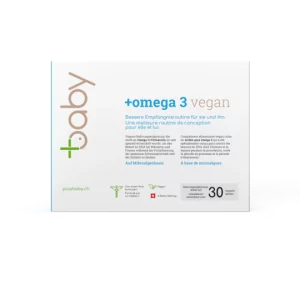
Macronutrients and energy: Energy requirements increase progressively, necessitating an increased intake of macronutrients - carbohydrates, proteins and lipids. Carbohydrates are an important source of energy, while proteins support fetal, placental and maternal growth. Lipids, particularly essential fatty acids, are vital for fetal neurological development.
Essential micronutrients: Several micronutrients play critical roles. Iron is essential for hemoglobin synthesis and the prevention of anemia. Iron deficiency is a major concern and may require supplementation. Calcium and vitamin D are necessary for fetal skeletal development and maintenance of maternal bone health. Folate, or folic acid, is imperative to prevent neural tube defects and other birth defects.
Vitamins and mineralsVitamins (A, B complex, C, D, E) and minerals (iodine, zinc, selenium) play a variety of roles, from immune function to the prevention of birth defects. Particular attention must be paid to fat-soluble vitamins (A, D, E, K) because of their ability to accumulate in the body, requiring precise balance to avoid toxicity.
Water and fluids: Hydration is essential for maintaining blood volume, cellular health and amniotic fluid production. Adequate water intake is fundamental to avoid dehydration and associated complications.
Balanced, personalized diet: A balanced diet including a variety of fruits, vegetables, whole grains, lean proteins and dairy products (or their alternatives) is recommended. Consultation with a healthcare professional or dietician is crucial to develop a personalized diet plan, tailored to individual needs and existing medical conditions.
Supplementation: In some cases, micronutrient supplementation may be required to meet increased nutritional needs. Prenatal supplements are often recommended to ensure adequate intake of essential vitamins and minerals.
In conclusion, understanding nutritional needs during pregnancy is essential to ensure the health of both mother and fetus. A well-balanced diet, adequate hydration and, if necessary, an appropriate appropriate supplementationare the key to successfully navigating this unique period of life.
The Plusbaby brand, with its prenatal vitamins +mum and its omega 3 from a vegan source, offers a complete solution of vitamins to take during pregnancy and breastfeeding, specially designed to meet these needs. The +mum product includes essential nutrients such as folate 5-MTHF, vegan vitamin D3, and ferrous bisglycinate, as well as a range of other vitamins and minerals crucial to the pregnancy and breastfeeding period. This formulation aims to provide optimal, tailored nutritional support, contributing to a healthy pregnancy and the well-being of the infant. It should be supplemented with DHA-rich +omega 3.
Nutritional requirements during pregnancy and breastfeeding are increased by fetal growth and development, as well as physiological changes in the mother.
The absorption and metabolism of these nutrients can be affected, making supplementation important. These nutrients, when taken in recommended doses, can help ensure a healthy pregnancy and breastfeeding, as well as promote optimal fetal and infant development. Supplements like Plusbaby +mum are designed to provide these essential nutrients in easily absorbable and tolerable forms.
Vitamin and mineral deficiencies during pregnancy can have serious consequences for both mother and fetus. For example, vitamin D deficiency can lead to bone problems, while folic acid deficiency is linked to neural tube defects. Iron deficiency can lead to anemia, affecting overall health and well-being. Plusbaby products, in particular +mum, are designed to meet these increased needs, offering a full spectrum of essential nutrients to prevent these deficiencies and support a healthy pregnancy.
The period of pregnancy and breastfeeding is marked by increased and specific nutritional requirements. Particular attention must be paid to the intake of essential vitamins and minerals, not only for the mother's health, but also for the optimal development of the fetus and infant.
Folate, in its biologically active form 5-MTHF, is crucial in the prevention of neural tube defects such as spina bifida. Unlike synthetic folic acid, 5-MTHF can be used directly by the body without conversion, making it particularly effective. Its consumption considerably reduces the risk of neural tube defects in the fetus, a vital aspect from the very first weeks of pregnancy.
Vitamin D plays a fundamental role in the absorption of calcium, essential for fetal bone development and the maintenance of bone health in the mother. Vitamin D3, particularly in its vegan form, ensures better assimilation of calcium, strengthening bones and preventing disorders such as osteomalacia. Calcium is necessary not only for fetal skeletal formation, but also for the regulation of muscle contraction and blood coagulation in the mother.
B vitamins, particularly B12 and B6, are essential for a wide range of functions. Vitamin B12 is crucial for the formation of red blood cells and the functioning of the nervous system. Deficiency can lead to anemia and neurological problems for both mother and child. Vitamin B6, on the other hand, is important for protein and carbohydrate metabolism, as well as for the formation of neurotransmitters.
Vegan vitamin D3 is particularly suited to the needs of pregnant and breastfeeding women, offering an environmentally-friendly source of vitamin D for vegan diets. It ensures better bioavailability than non-vegan forms, and makes an effective contribution to maternal and foetal health.
Iron bisglycinate is a highly bioavailable form of iron, better tolerated by the body. It is essential for preventing iron-deficiency anemia in the mother, and promotes the cognitive and physical development of the fetus. Its chelated form minimizes the gastrointestinal side effects often associated with iron supplements.
Omega-3 fatty acids, particularly DHA (docosahexaenoic acid), are essential for maternal health and fetal development. Plusbaby's +omega 3 vegan DHA, based on Schizochytrium microalgae oil, offers a rich vegan source of DHA and EPA. These fatty acids play a crucial role in the development of the fetus's brain and eyes, as well as in maintaining normal brain function in the mother.
Unlike traditional sources of omega-3 from fish, this vegan formulation guarantees supplementation without common allergens such as soy or gluten, making it suitable for a variety of diets and preferences. The recommended dose of 200 mg DHA per day helps to effectively cover increased needs during pregnancy and breastfeeding.
In addition to these nutrients, other elements such as magnesium, iodine, zinc and copper play significant roles. Magnesium helps prevent cramps and regulates blood pressure. Iodine is vital for fetal brain development. Zinc and copper are important for the immune system and cell development.
In conclusion, vitamin and mineral supplementation during pregnancy and breastfeeding, in particular with adapted products such as +mum and +omega 3 from Plusbaby, is essential to ensure the mother's health and the child's optimal development.
Plusbaby has designed its prenatal products with the help of FMH specialists in obstetrics and gynecology, +mum and moreomega 3by meticulously studying vitamins available on the market. This targeted approach has enabled us to develop more assimilable formulas, reducing the undesirable effects often associated with traditional supplements. These products are the result of in-depth research and close collaboration with medical experts, guaranteeing optimal quality and efficacy for the specific needs of pregnant and breastfeeding women.
Plusbaby +Mum is a complete prenatal vitamin formula, including essential nutrients such as folate 5-MTHF, vegan vitamin D3, and iron bisglycinate. +Omega 3 vegan DHA, derived from microalgae oil, provides omega-3 fatty acids crucial for fetal brain and visual development.
+Mum is designed to meet the specific nutritional needs of pregnant women, offering a balance of vitamins and minerals to support maternal health and fetal development. Its formula covers common deficiencies and contributes to overall well-being during pregnancy.
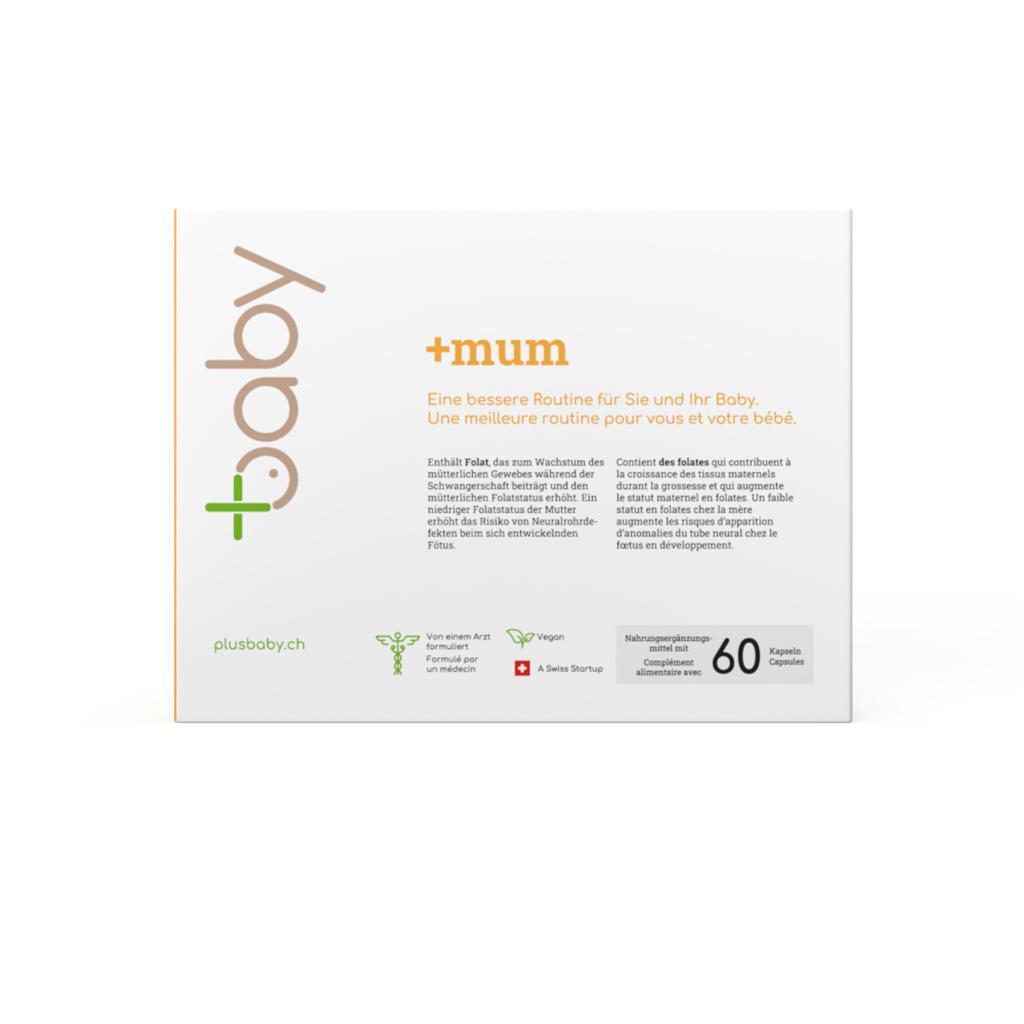
+Omega 3 vegan DHA meets the increased need for DHA during pregnancy, essential for neural and visual development of the fetus, while being suitable for those following a vegan diet or allergic to seafood.

Taking +mum and +omega 3 supplements correctly is essential to maximize their efficacy and guarantee safety.
+mum: +mum supplements should be taken in accordance with the instructions provided. Generally, they are taken once a day, preferably with a meal, to improve absorption of fat-soluble nutrients and reduce the risk of gastrointestinal disorders. It is advisable to start +mum supplementation at the beginning of pregnancy (a confirmed pregnancy test). In preparation for pregnancy, we recommend taking +fertiwomen to increase the chances of conceiving.
+mum comes in capsule form. This choice was made simply because these prenatal vitamins offer superior flexibility, bioavailability and purity, making them particularly suitable for pregnant women or those trying to conceive.
Their ability to be opened and mixed with food or drink makes them more convenient, especially for women who have difficulty swallowing pills or suffer from morning sickness. For these reasons, all Plusbaby food supplements are offered in capsule form, providing an optimal method of supplementation for women during this crucial phase of their lives. Plusbaby is committed to providing products that are not only effective but also easy to consume, to best support women's health and well-being during preconception, pregnancy and beyond.
+omega 3 vegan DHA: The recommended dosage for +omega 3 vegan DHA should be followed as indicated. These supplements are often taken once a day, with or without food. The important thing is to maintain a daily routine for consistent supplementation.
Current research on prenatal vitamins focuses on the importance of these nutrients for maternal health and optimal fetal development. A comprehensive study on prenatal supplements analyzed and compared the contents of 188 commercially available prenatal supplements, relating them to evidence-based recommendations. This study revealed significant links between maternal and infant health status and levels of certain vitamins.
Vitamin A is a fat-soluble antioxidant essential for the growth of most cells and organs, including the eyes, heart and lungs. Low vitamin A levels during pregnancy are associated with night blindness and anemia in mothers. For infants born to mothers with lower levels of vitamin A, there is an increased risk of severe vision problems, heart defects, orofacial defects, stunted growth and impaired lung function. Studies have suggested that higher supplementation levels of vitamin A, but not carotenoids, are necessary during pregnancy.
A meta-analysis of 8 studies found that supplementation with vitamin A or beta-carotene significantly improved hemoglobin levels and modestly reduced the risk of anemia. It is also important to have adequate vitamin A status towards the end of pregnancy to maximize the vitamin A transferred to the fetus, which is essential for preparation for breastfeeding.
Current research also highlights the importance of other nutrients such as folate, vitamin B12, vitamin D and vitamins B6, B12 and C during pregnancy. These nutrients play a crucial role in fetal development and maternal health.
In short, a mother's nutritional status during pregnancy has a profound impact on her own health and that of her child. Prenatal vitamins, when chosen and used correctly, can play a key role in preventing deficiencies and promoting optimal health outcomes. These findings underline the importance of a personalized, evidence-based approach to supplementation during pregnancy.
For more detailed information, please consult the following studies and articles:
Pregnancy is a time of profound transformation, marked by unique and heightened nutritional needs. Prenatal supplements, such as +mum and +omega 3 vegan DHA from Plusbaby, play an essential role in providing the nutrients needed to support both the health of the mother and the optimal development of the fetus. Current research highlights the importance of specific nutrients such as folate, vitamin D3, bisglycinate iron and omega-3s, as well as the need for customized formulations to meet individual needs.
In conclusion, it's crucial for pregnant women to maintain a balanced diet, stay well hydrated, and choose prenatal supplements wisely to optimize their health and that of their baby. Understanding and meeting nutritional needs during pregnancy not only promotes healthy fetal development, but also contributes to a more comfortable and less risky pregnancy experience for the mother. Plusbaby, with its innovative, evidence-based products, offers supplementation solutions that meet these criteria, supporting women throughout this exceptional period of their lives.
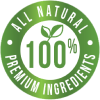
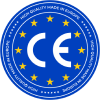
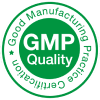
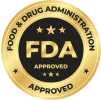
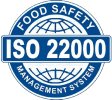

Stay connected with Plusbaby. Sign up for a free e-book to understand your menstrual cycle and help you identify your most fertile period. You'll also get early access to offers.



